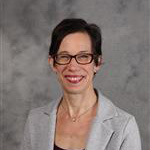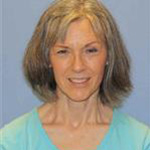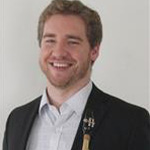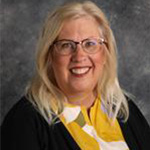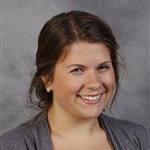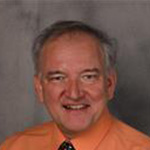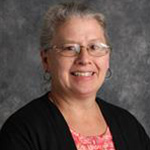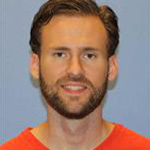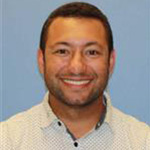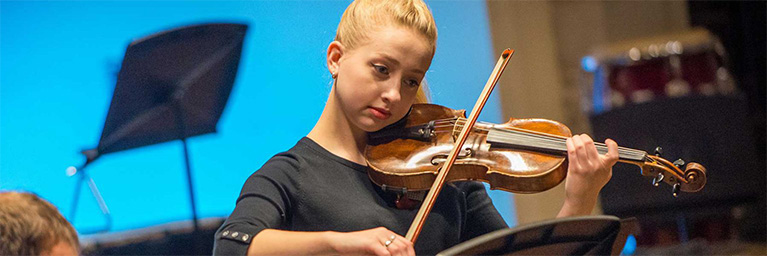
Majors
Music
Bethany’s music major includes private study, ensemble participation, music theory, music skills (sight singing, ear training), and music history.
Find Your Voice. Share Your Faith Through Music.
As a music student at Bethany you will enjoy fine facilities for instruction and practice. You will also have the opportunity to join with other students who love to sing and play. Our performance groups aim for polished presentations while providing everyone with the opportunity for refreshment in both rehearsals and performances. Most importantly, Bethany’s music major is built on a strong Christian foundation and understanding of music’s spiritual purpose and strength.
Potential careers in music include: church musician; composer; conductor; music arranger, educator, librarian, or manager; performer; publisher; musical theatre performer; and sound designer.
Take a Closer Look
In order to get a better idea of what your classes and schedule could possibly look like for this major, take a look at the Sample Academic Plan.
To view the most recent course list and requirements for the Music major, please consult the Academic Catalog.
Entry into the Major
Students should apply for admission into the degree program at the end of their third semester. Acceptance into the music degree programs requires a minimum 2.8 GPA in the music coursework of the first two years, and three semesters of ensemble and applied music.
Music Major Course List
Core Requirements
Required General Education Courses for Music:
- MUSC111 Music Theory I 3 cr.
- MUSC221 Music History I: Middle Ages & Renaissance 3 cr.
- MUSC235 Hymnody and Liturgics/RELG235 Hymnody and Liturgics 3 cr.
- MUSC440 World Music 3 cr.
Required Courses:
- MUSC112 Music Theory II 3 cr.
- MUSC114 Music Skills I 3 cr.
- MUSC115 Music Skills II 3 cr.
- MUSC222 Music History II: Baroque & Classical Eras 3 cr.
- MUSC211 Music Theory III 3 cr.
- MUSC212 Music Theory IV 3 cr.
- MUSC214 Music Skills III 2 cr.
- MUSC215 Music Skills IV 2 cr.
- MUSC321 Music History III: Romantic & Modern Eras 3 cr.
Private Music Lessons (MUSC190 Instruction I/290/390/490) 7 cr.
Minimum of three credits of ensemble music (MUSC130 Concert Choir MUSC135 Concert Band) 3 cr.
Choose nine credits of the following:
- MUSC161 Introduction to Conducting 1 cr.
- MUSC303 Music Communication and Technology 3 cr.
- MUSC307 Survey of Organ History and Literature 2 cr.
- MUSC309 Service Playing and Repertoire 2 cr.
- MUSC335 Music Theatre 3 cr.
- MUSC435 Opera and Lyric Theatre 3 cr.
- MUSC361 Choral Conducting 3 cr.
- MUSC362 Instrumental Conducting 3 cr.
- MUSC374 Piano Pedagogy and Literature 3 cr.
- MUSC375 Vocal Pedagogy and Literature 3 cr.
- MUSC376 Instrumental Pedagogy 3 cr.
- MUSC480 Topics in Music 3 cr.
- MUSC489 International Study Tour 3 cr.
Capstone
Students must take one of the following:
- MUSC475 Recital (1 cr.) and MUSC490 Instruction IV (2 cr.) 3 cr.
- MUSC495 Senior Seminar Music 3 cr.
- MUSC499 Music Internship 3 cr.
Area of Emphasis
Students who major in music may choose courses that form an emphasis to guide and shape their course of study: Church Music, Conducting, or Performance (piano, voice, and instrument).
Church Music
Students will demonstrate an appreciation of the unique musical heritage of the Lutheran Church, and development of a sense of responsibility towards the further cultivation of that heritage through ongoing study, composition and performance.
- MUSC161 Introduction to Conducting 1 cr.
- MUSC235 Hymnody and Liturgics 3 cr.
- MUSC261 3 cr.
- MUSC307 Survey of Organ History and Literature 2 cr.
- MUSC309 Service Playing and Repertoire 2 cr.
- MUSC361 Choral Conducting 3 cr.
Two credits of applied music in a secondary medium
Conducting
Students will demonstrate the ability to communicate musical direction through the gestures and manners of the accepted conducting techniques. They will also exhibit a technical grasp of the various challenges unique to choral and instrumental conducting.
- MUSC161 Introduction to Conducting 1 cr.
- MUSC235 Hymnody and Liturgics 3 cr.
- MUSC361 Choral Conducting 3 cr.
Two credits of applied music conducting (MUSC390 Instruction IIIF, 490F)
The Music capstone will be a conducting program/project.
Performance
Students will demonstrate the technique necessary to perform on their primary instrument; the ability to perform a representative repertoire of the major musical periods; develop fluency in their instrument with the ability to convey appropriate nuance, dynamic range, tempi, language and stylistic conventions; attain a working knowledge of the repertoire; give a convincing performance; display ability to work in small ensembles as well as solo performing; develop the ability to study a composition according to both theoretical and historical elements for performance; structure efficient practice/rehearsal time; display skills necessary to present themselves in various performance settings.
Students will present a senior capstone recital and may also present a junior recital.
Students are encouraged to complete at least 13 credits of applied music in their primary performance medium (students will register for MUSC290 Instruction II second semester and continue with hour-long weekly lessons for the next six semesters).
Select one primary performance medium noted below and complete the defined coursework.
Piano:
- MUSC321 Music History III: Romantic & Modern Eras 3 cr.
- MUSC374 Piano Pedagogy and Literature 3 cr.
- MUSC475 Recital 1 cr.
- MUSC490 Instruction IV 2 cr.
Voice:
- MUSC375 Vocal Pedagogy and Literature 3 cr.
- MUSC435 Opera and Lyric Theatre 3 cr.
- MUSC475 Recital 1 cr.
- MUSC490 Instruction IV 2 cr.
Instrumental:
Music Minor Course List
The minor in music requires:
Four of the following:
- MUSC111 Music Theory I 3 cr.
- MUSC112 Music Theory II 3 cr.
- MUSC211 Music Theory III 3 cr.
- MUSC212 Music Theory IV 3 cr.
- MUSC221 Music History I: Middle Ages & Renaissance 3 cr.
- MUSC222 Music History II: Baroque & Classical Eras 3 cr.
Three of the following:
- MUSC303 Music Communication and Technology 3 cr.
- MUSC335 Music Theatre 3 cr.
- MUSC435 Opera and Lyric Theatre 3 cr.
- MUSC440 World Music 3 cr.
- MUSC480 Topics in Music 3 cr.
- MUSC489 International Study Tour 3 cr.
Additional requirements:
- Four credits of ensemble music 4 cr.
- Six credits of private lessons 6 cr.
Music Performance Opportunities
There are numerous choral and instrumental music groups at Bethany. Academic credit is available for participation in many groups to help music students fulfill the major requirements. Private lessons are also available.
Choral Music
Bethany offers students the opportunity to participate in vibrant choral ensembles that blend musical excellence with meaningful artistic and spiritual expression.
Instrumental Music
Bethany offers students the opportunity to grow as musicians through instrumental ensembles that emphasize performance, collaboration, and artistic excellence.
Music Facilities
Bethany’s music facilities support every stage of a musician’s journey, from daily rehearsals in the band room to powerful performances on the chapel organ and in the recital hall. Each space is designed to enhance learning, creativity, and collaboration.
Contact the Music Department
Music Faculty
Bethel Balge
Lessons Instructor
Barb Becker
Lessons Instructor
Evan Bierer
Director of Jazz Band, Lessons Instructor
Tom Bierer
Lessons Instructor
Will Frame
Adjunct Faculty, Lessons Instructor
Ann Fredrickson
Adjunct Faculty, Choraliers Director, Director – Handbells, Mary Martha Singers Director
Connie Langhorst
Adjunct Faculty
Dennis Marzolf
Adjunct Faculty
Laura Matzke
Instructor – Organ, Piano, Voice
Johnathan Moeller
Lessons Instructor
David Paulson
Assistant Professor, Director of Concert Choir and Handbells Choir
Dave Urness
Lessons Instructor
Mark Wamma
Lessons Instructor
Andrew Westburg
Lessons Instructor
Next Steps
Interested in studying at Bethany? Scheduling a campus visit is a great way to see what we have to offer. You can meet professors or sit in on a class too! Contact our admissions office to learn more.
